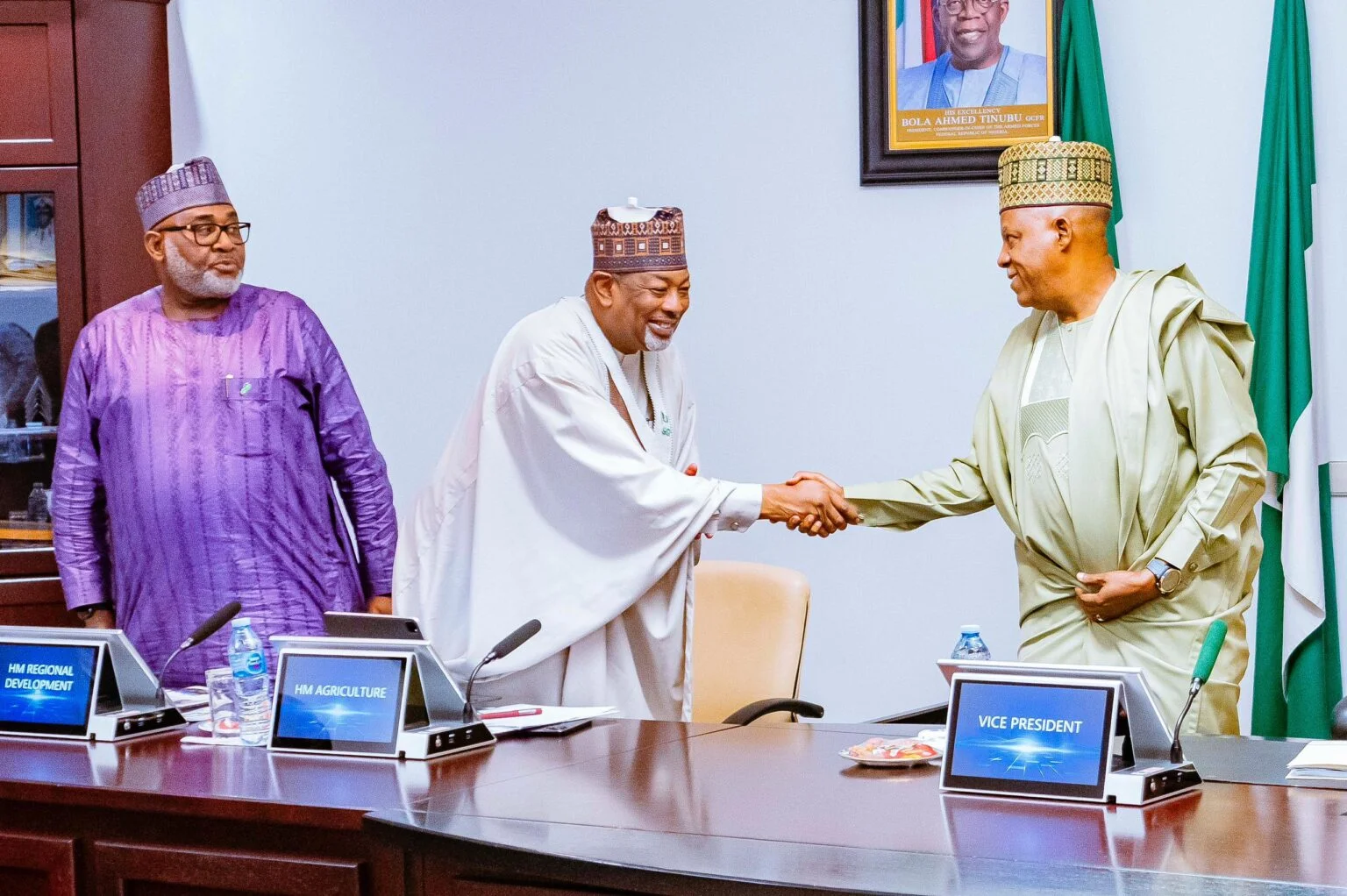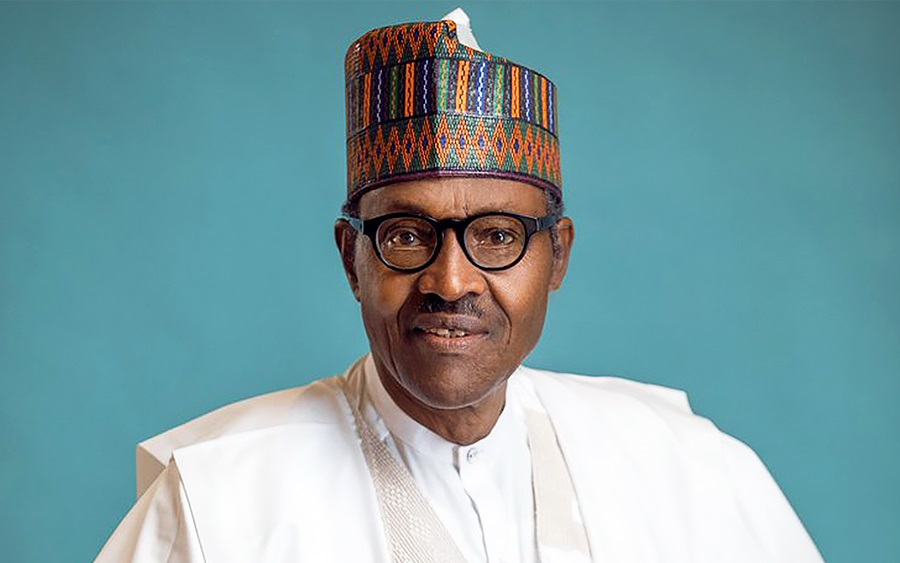In a significant moment following the recent United States presidential election, Kamala Harris, the Democratic candidate, has formally acknowledged her defeat and extended her congratulations to Donald Trump, the Republican candidate who has emerged victorious.
Trump secured his victory on Wednesday, surpassing the crucial threshold of 270 Electoral College votes, which is required to win the presidency in the United States. This election marks a pivotal moment in American politics, reflecting a deeply divided electorate and the prevailing sentiments across various regions of the country.
In her call to Trump, Harris highlighted the importance of a peaceful transfer of power, a cornerstone of democratic governance. She emphasized the need for unity and the role of the president as a representative for all Americans, regardless of their political affiliations. This gesture signifies her commitment to uphold democratic traditions and ensure that the transition of power reflects the values of the nation.
Harris’s acknowledgment is particularly noteworthy given the contentious nature of the election. The campaign was marked by sharp divisions and intense emotions, with both candidates appealing to their respective bases. However, Harris’s decision to publicly congratulate Trump underscores the importance of civility and respect in political discourse, especially during times of transition.
Later today, Harris is expected to address the public in a speech at Howard University, where she will likely elaborate on her vision for the future and her commitment to serving the American people, even from her position as vice president. This address will provide an opportunity for Harris to connect with her supporters and outline her thoughts on the election’s outcome and the way forward for the country.
The election results have profound implications for the United States and its position on the global stage. Trump’s victory is expected to influence various policies, including foreign relations, economic strategies, and social issues. As the world watches closely, the transition period will be critical in setting the tone for the incoming administration.
In her upcoming remarks, Harris may also reflect on the challenges faced during the campaign and the lessons learned. The election has highlighted the importance of addressing the concerns of diverse communities and engaging with citizens from all walks of life. Harris’s experience as a trailblazer in American politics, being the first woman of Black and South Asian descent to hold the office of vice president, positions her as a key figure in fostering dialogue and inclusivity.
The United States has a long-standing tradition of peaceful transitions of power, a hallmark of its democratic system. This principle is vital for maintaining stability and ensuring that all citizens feel represented in their government. Harris’s call to Trump reinforces this commitment, reminding the public that despite political differences, the nation must come together to face shared challenges.
As the political landscape continues to evolve, Harris’s leadership will be instrumental in navigating the complexities of governance in a diverse society. Her ability to bridge divides and promote understanding will be crucial in the coming months, as the new administration prepares to address pressing issues such as healthcare, climate change, and social justice.
The global community is also paying close attention to the United States’ political developments, as the outcome of this election will have ripple effects around the world. Leaders from various nations will be observing the transition process, assessing how the new administration’s policies will align with international interests and collaborations.
Kamala Harris’s acknowledgment of her defeat and her outreach to Donald Trump highlight the importance of unity and respect in the political arena. As she prepares to address the public at Howard University, her message will resonate beyond American borders, emphasizing the values of democracy and the need for collective action in addressing global challenges. The future of the United States and its role in the world will depend on the ability of its leaders to work together for the common good, ensuring that all citizens feel heard and represented.





